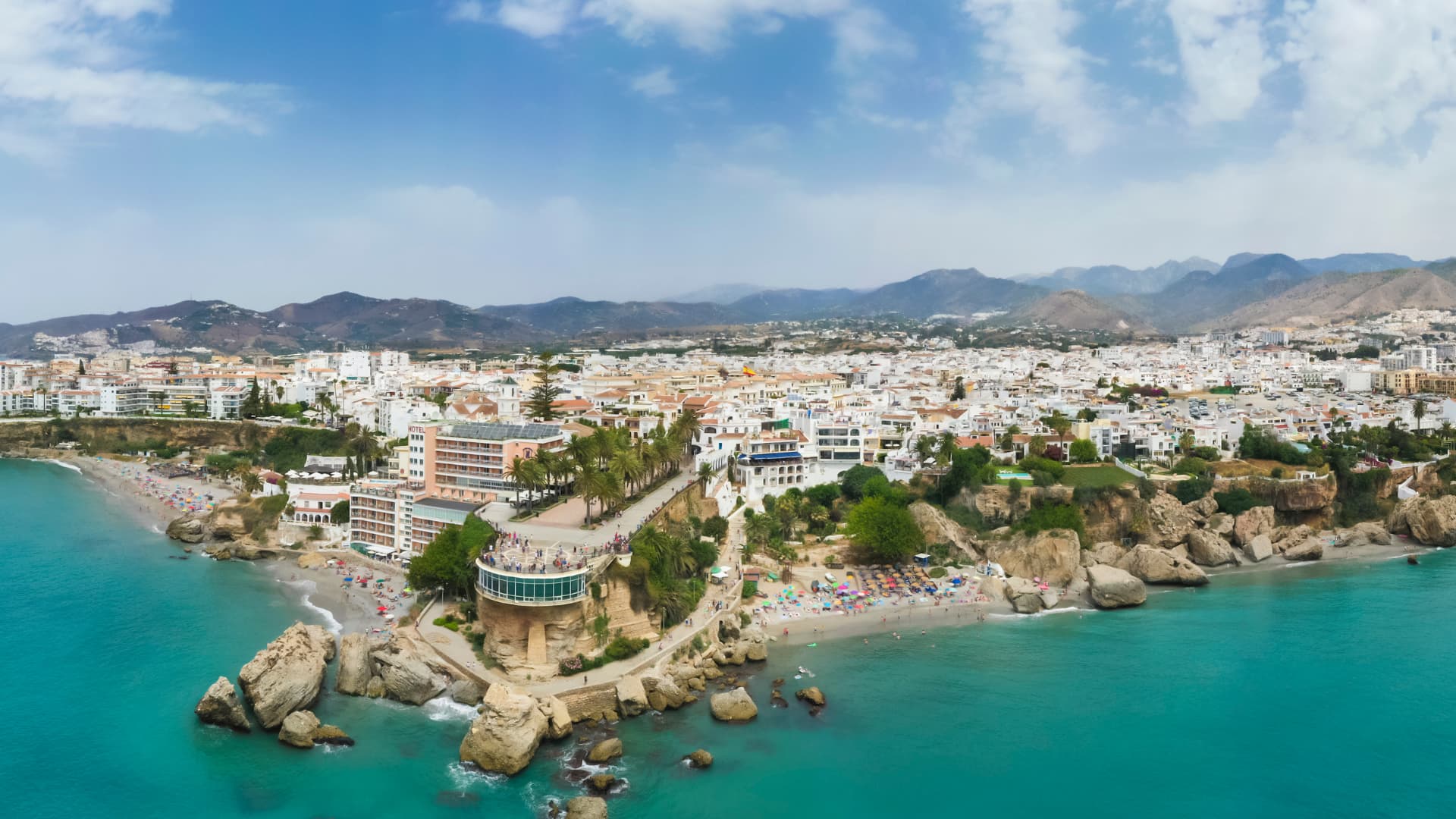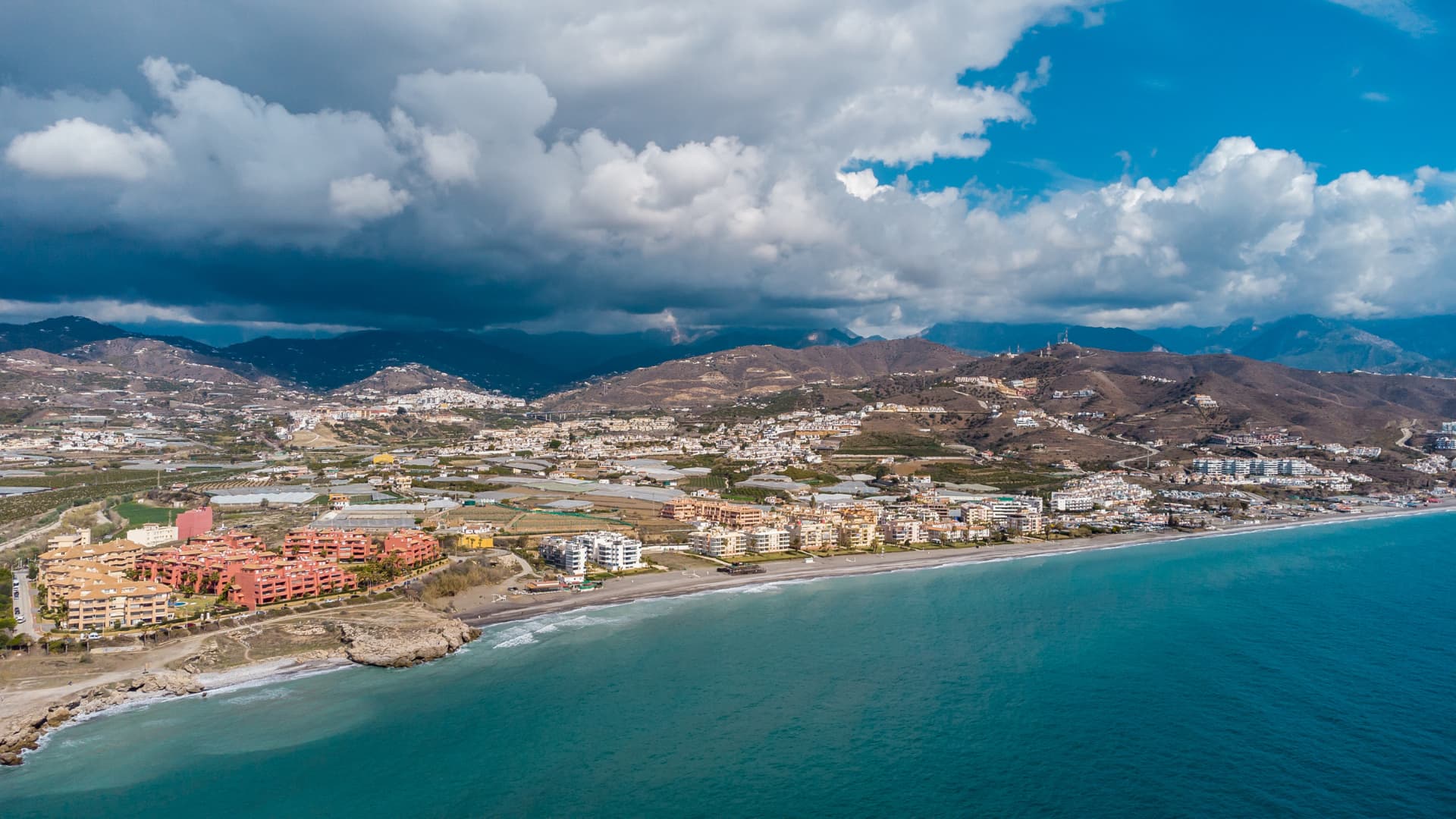
Investing in rental properties in Spain can offer remarkable benefits, especially in a country as vibrant and diverse as Spain. With its flourishing tourism sector and a real estate market ripe for exploration, Spain provides a golden opportunity for turning property investments into substantial income sources. In this comprehensive guide, we will delve deep into the world of investing in rental properties in Spain. From the economic potential to legal intricacies and strategic insights, we’ll cover everything you need to know to make informed decisions.

The prowess of Spain’s tourism sector is awe-inspiring. In the year 2022, the sector recorded a staggering revenue of €159 billion, surpassing even economic giants like the United States, Greece, and Italy. This immense figure reflects the colossal potential the tourism industry holds for property investors. To put it into perspective, over 70 million tourists flocked to Spain during the same year, creating an unquenchable demand for accommodations. This robust tourism industry coupled with a real estate market boasting favorable profit margins makes investing in rental properties in Spain an enticing and lucrative option.

Spain’s allure as a tourist hotspot is multifaceted. From the serene Mediterranean lifestyle to its rich cultural heritage, every corner of Spain has something unique to offer. The sprawling coastlines extending for hundreds of kilometers don’t just promise breathtaking views but also an array of experiences for all types of travelers. With its sunny climate, Spain isn’t just a summer destination; it beckons visitors year-round, making it an attractive prospect for both seasonal and year-long rental opportunities. The Costa del Sol is the perfect place for investing in rental properties in Spain.

If you’re considering renting out your property in Spain, rest assured that it’s a legally viable option. Both short-term and long-term rentals are permitted within the legal framework. The rise of platforms like Airbnb and local rental management systems has paved the way for short-term rentals, with Airbnb rentals being fully compliant with Spanish law.
However, delving into short-term rentals requires understanding the specific legal requirements. Short-term rentals are typically defined as occupancy periods under 3 months. Property owners venturing into this domain need to register with the local Tourism Registry and adhere to region-specific criteria of the Junta de Andalucia. It’s essential to familiarize yourself with the regulations in your specific area, as these stipulations can vary. This way you will have all your rental properties in Spain under control.

When considering where to invest in rental properties in Spain, the coastal regions that grace the Mediterranean steal the spotlight. The success of short-term rentals is intrinsically tied to demand, and this demand is significantly dictated by location.
Coastal towns and cities, embraced by the sea’s embrace, emerge as prime vacation destinations, particularly favored by foreign tourists. While the bustling metropolises like Madrid and Barcelona have their own allure, they might be a tad pricer and bustling for travelers seeking a more tranquil gateway. On the flip side, the lesser-crowded coastal cities like Nerja and Malaga have garnered increased attention in recent years. These charming coastal towns perfectly cater the preferences of Spanish tourists, who often seek serenity along the Costa del Sol, Costa Tropical, Costa Blanca, or Costa Cálida.
Considering factors like value for money and demand potential, coastal regions offer a plethora of investment on rental properties in Spain opportunities for purchasing vacation homes at the rental market. The coastal real estate landscape boasts a diverse range of options due to heighended construction activities in these areas.

Navigating the legal landscape of rental properties in Spain is a multifaceted endeavor demanding dedicated time, financial planning, and impeccable organization skills. This includes not just maintaining an up-to-date booking calendar but also establishing effective communication channels with guests and orchestrating seamless check-ins. Given the intricacies involved, many property owners opt to collaborate with property management companies that specialize in Airbnb rentals. These professional entities provide comprehensive services for a commission, typically hovering around 20%. This partnership guarantees not only the upkeep of the property but also guest satisfaction through meticulous services like professional cleaning tailored to the Airbnb market.

Embracing the opportunities of becoming a property owner in Spain is akin to unlocking a treasure trove of possibilities. However, it’s essential to be well-acquainted with your rights, responsibilities, and the dynamic legal terrain. If you’re contemplating investment in rental properties in Spain, we can help you with your decision. By remaining informed and proactive, you can navigate the intricate landscape of rental property investments in Spain with confidence.
To further enrich your insights and guide your path, contact us today since we have a long list of rental properties in the Costa del Sol, the spotlight of tourism. Empower yourself with the knowledge we can give you to make your property investment journey in Spain truly successful.
If you’re looking for a holiday filled with festive charm, Mediterranean warmth, and rich traditions, celebrating Merry Christmas in Spain is a dream come true. The Nerja area, on ...
Read MoreIt's crucial to assess the current property market trends in Spain to help you make informed decisions, whether you're thinking about buying, selling, or investing. Understanding t...
Read MoreContact us